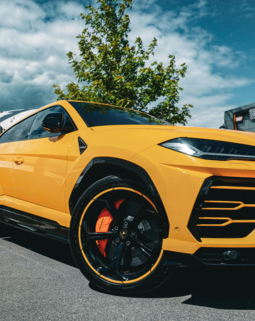Introduction
Turkmenistan's President has recently issued a decree banning the import and use of black cars in the country, citing superstitions and cultural beliefs. This unexpected decision has sparked controversy and raised questions about personal freedoms and the influence of traditions on modern society.
Presidential Decree Restricts Black Cars
The President of Turkmenistan has enforced a decree prohibiting the import and utilisation of black cars within the country. The ban extends to privately owned vehicles and those used for official purposes, introducing a significant change to the automotive landscape.
Superstitions and Cultural Beliefs
The ban on black cars in Turkmenistan stems from superstitions and cultural beliefs associated with the colour black. In Turkmen culture, black is traditionally associated with mourning and bad luck, leading to the decision to eliminate black cars from the streets.
Controversy and Public Response
The ban on black cars has generated controversy among the public, with some questioning the interference of personal choices and preferences. Critics argue that such restrictions infringe upon individual freedoms and limit the variety of car options available to citizens.
Implications for Car Owners and Industry
The ban presents challenges for car owners who currently possess black vehicles, requiring them to comply with the new regulations. Additionally, the automotive industry may experience a shift in demand and production as manufacturers and dealers adjust to the restriction on black cars.
Cultural Preservation versus Modernization
The ban on black cars highlights the ongoing tension between preserving cultural traditions and embracing modernisation in Turkmenistan. While the decision may aim to uphold cultural values, it also prompts discussions about balancing preserving heritage and adapting to modern society's evolving preferences and practices.





